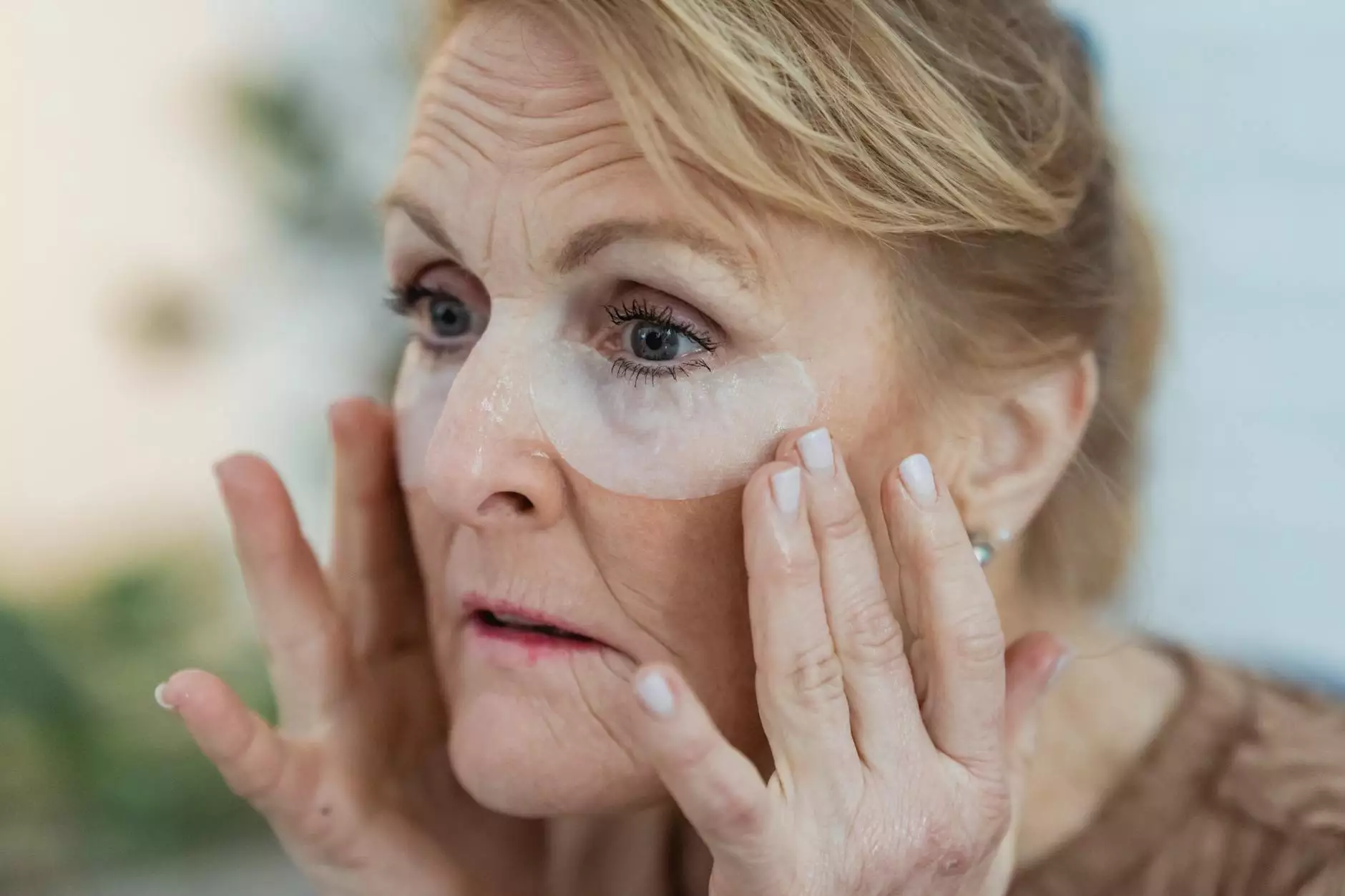Skin Cancer and Tattoos - Dermatologist Coral Springs FL
Skin Care
About Skin Cancer
Skin cancer is a serious condition that affects millions of people around the world. It occurs when there is an abnormal growth of cells in the skin, usually caused by excessive exposure to harmful ultraviolet (UV) radiation. Skin cancer can manifest in various forms, including basal cell carcinoma, squamous cell carcinoma, and melanoma.
The Link between Skin Cancer and Tattoos
In recent years, there has been growing concern about the potential relationship between tattoos and skin cancer. While tattoos themselves do not directly cause skin cancer, certain factors associated with the tattooing process and subsequent care may increase the risk.
Tattoo Ink Composition
The composition of tattoo ink can vary significantly, and some pigments may contain harmful substances that can irritate the skin or cause an allergic reaction. In rare cases, certain tattoo ink ingredients, such as nickel or cobalt, have been associated with an increased risk of cancer. It is crucial to choose a reputable tattoo artist who uses high-quality, safe ink.
Sun Exposure and Tattooed Skin
Exposing tattooed skin to excessive sun or artificial UV radiation can be particularly harmful. UV rays can damage the DNA in skin cells and eventually lead to the formation of cancerous cells. It is important to protect tattooed areas from prolonged sun exposure by wearing protective clothing and using a broad-spectrum sunscreen with a high SPF.
Mole Visibility
Having a tattoo in an area where it covers existing moles can make it challenging to monitor any changes in their appearance. Early detection plays a crucial role in successfully treating skin cancer, and individuals with tattoos should be vigilant about checking their skin regularly for any signs of abnormal moles or growths.
Prevention and Early Detection
Preventing skin cancer and detecting it early are of utmost importance. Here are some tips to reduce your risk and maintain a healthy lifestyle:
1. Protect Your Skin
Whenever you are outdoors, especially during peak sun hours, make sure to protect your skin. Wear protective clothing, including hats and sunglasses, and use a broad-spectrum sunscreen with a minimum SPF of 30.
2. Be Mindful of Artificial UV Radiation
Avoid tanning beds and other sources of artificial UV radiation, as these can be just as harmful as natural sunlight. Golden skin may be appealing, but the long-term risks outweigh the short-term benefits.
3. Choose a Knowledgeable Tattoo Artist
Before getting a tattoo, do thorough research and select a reputable and experienced tattoo artist. Inquire about their ink ingredients and hygiene practices to ensure you are in safe hands.
4. Regularly Examine Your Skin
Perform self-examinations of your skin regularly, paying close attention to any changes in moles, freckles, or other skin markings. If you notice anything suspicious or concerning, consult a dermatologist promptly.
5. Consult a Dermatologist
Regular visits to a dermatologist are vital for maintaining healthy skin. A dermatologist can perform skin cancer screenings, provide personalized advice, and address any concerns you may have regarding the health of your skin.
Treatment Options for Skin Cancer
If skin cancer is detected, early intervention can significantly improve outcomes. There are several treatment options available, depending on the type and stage of skin cancer:
1. Surgical Excision
In many cases, surgical excision is the primary treatment method for removing skin cancer. This procedure involves surgically removing the cancerous tissue along with a surrounding margin of healthy skin.
2. Mohs Surgery
Mohs surgery is a precise surgical technique used to treat skin cancer, particularly when it has recurred or is located in sensitive areas. During the procedure, thin layers of skin are progressively removed and examined under a microscope until no cancerous cells remain.
3. Cryotherapy
Cryotherapy involves freezing the cancerous cells with liquid nitrogen, causing them to die and eventually fall off. This method is commonly used for treating precancerous lesions or superficial skin cancers.
4. Radiation Therapy
Radiation therapy utilizes high-energy beams to destroy cancer cells. It is often used as an alternative or adjuvant to surgery, especially when complete removal of the cancer is challenging or when there is a risk of the cancer spreading.
5. Topical Medications
For certain types of skin cancers, topical medications may be prescribed. These medications are applied directly to the skin and work to eliminate cancerous cells without the need for surgery or radiation.
Conclusion
Understanding the connection between skin cancer and tattoos is crucial for individuals with tattoos and those considering getting one. While tattoos themselves do not directly cause skin cancer, it is important to be mindful of the potential risks associated with the tattooing process and subsequent sun exposure. By taking preventive measures, regularly examining the skin, and seeking professional advice, individuals can reduce their risk of developing skin cancer and ensure early detection if it occurs. If you have any concerns or questions about skin cancer and tattoos, consult Smith, Arthur F, MD, a renowned dermatologist located in Coral Springs FL.










